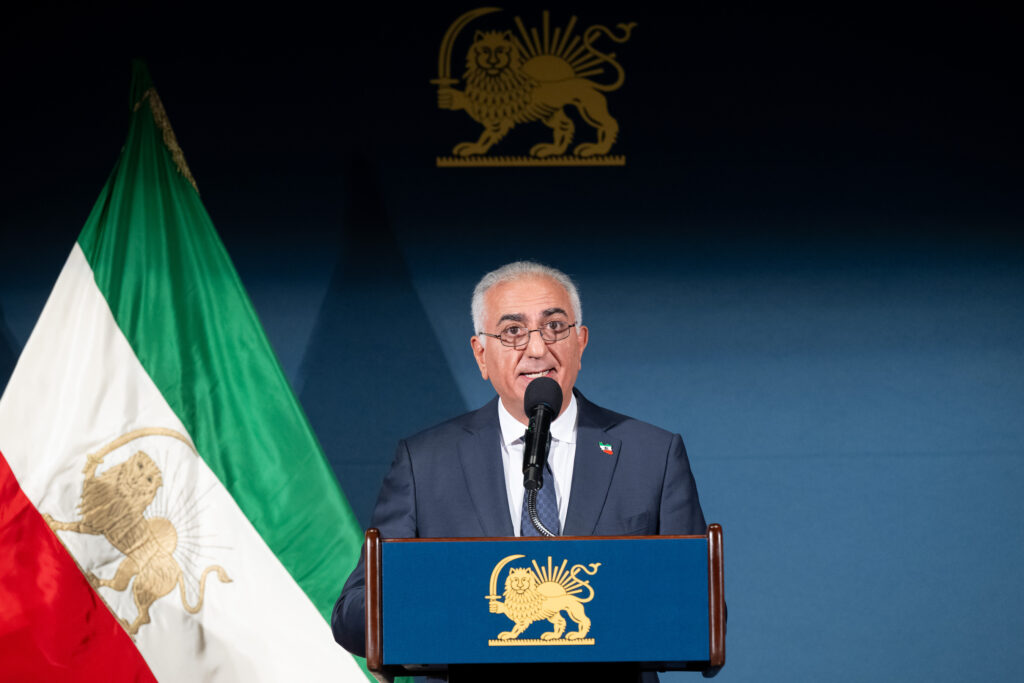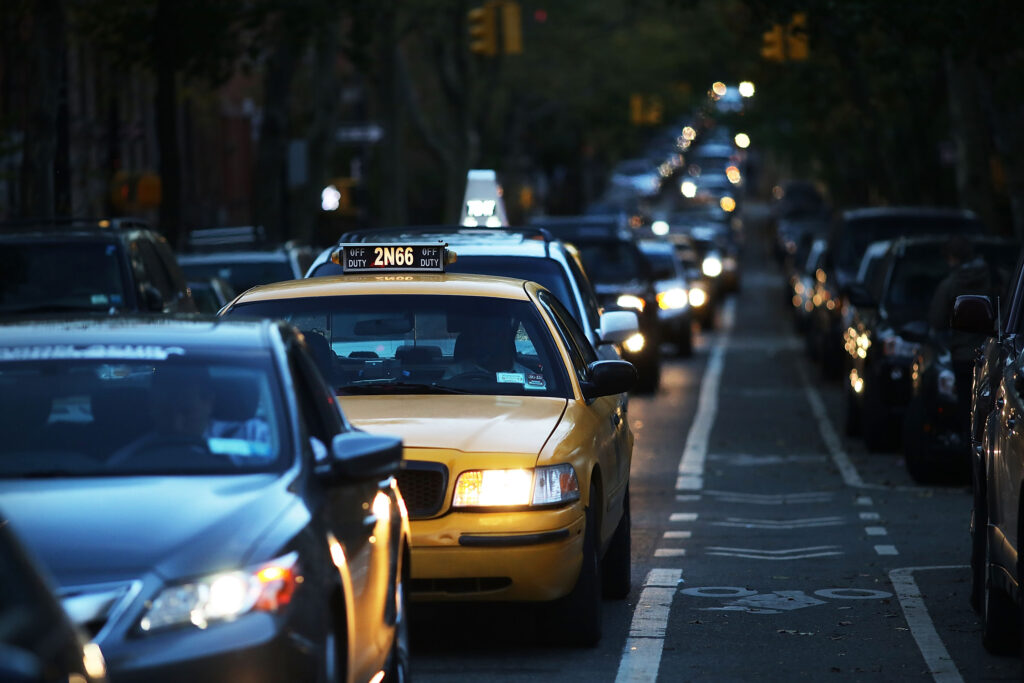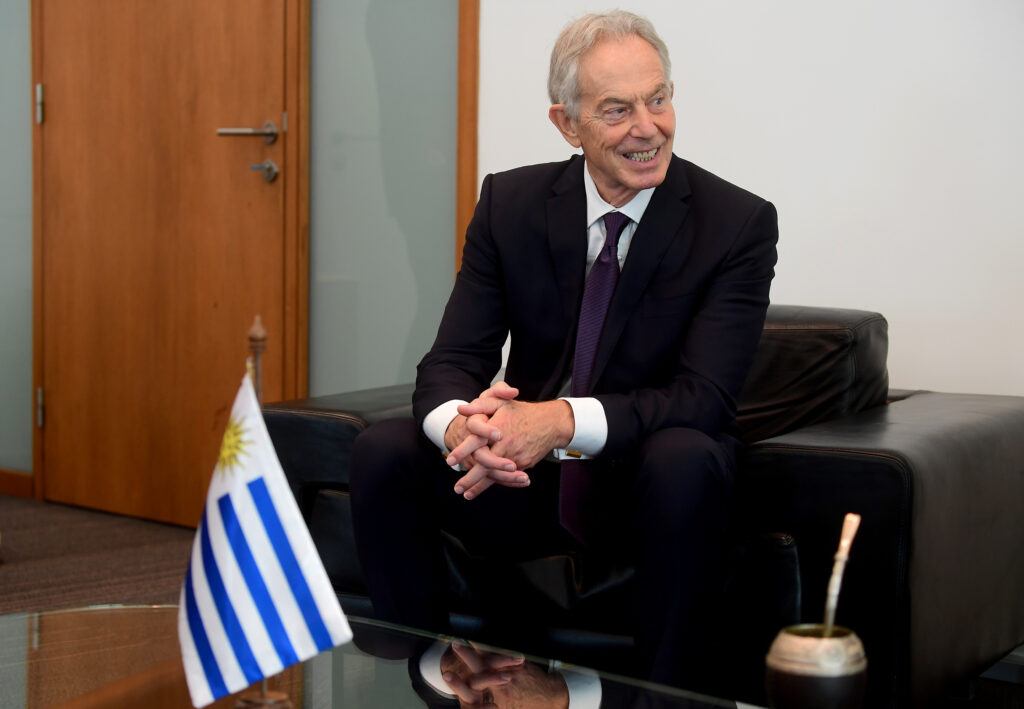Greenland protesters tell Trump to keep US hands off Arctic island
Thousands of people demonstrated in the capital of Greenland on Saturday against President Donald Trump’s plans for the US to annex the Danish autonomous territory.The protesters, including the territory’s prime minister, Jens-Frederik Nielsen, waving a Greenlandic flag, chanted slogans and traditional Inuit songs under light rain. Many wore caps with the words “Make America Go Away” — a riff on Trump’s “Make America Great Again” slogan.The Nuuk demonstration coordinated with others across Denmark on Saturday that were joined by thousands.Trump warned on Friday that he could put tariffs on countries that oppose his plans to take over mineral-rich Greenland.”We don’t want Trump invading Greenland, that is the message,” said 44-year-old nurse Paarniq Larsen Strum at the Nuuk rally, calling the situation “nerve-wracking”.In Copenhagen, charity worker Kirsten Hjoernholm, 52, said it was important to show unity with Greenlanders.”You cannot be bullied by an ally. It’s about international law,” she said.Around her, demonstrators waved the flags of Denmark and Greenland while chanting “Kalaallit Nunaat!” — the vast Arctic island’s name in Greenlandic.Some also held placards saying “USA already has too much ICE”, referring to Trump’s deployment of armed immigration officers in US cities, while others chanted “Greenland is not for sale”.- US ‘security’ claims -The Copenhagen demonstration coincided with a visit by a delegation of US lawmakers who held talks with Greenlandic and Danish politicians.The group, led by Democratic Senator Chris Coons, told reporters that Trump’s stance was misguided and not backed by the majority of Americans.It is also roundly rejected by Greenlanders, 85 percent of whom — according to the latest poll published in January 2025 — oppose the territory joining the United States. Only six percent were in favour.Trump has repeatedly claimed that the United States “needs” Greenland — a vast, mineral-rich territory at the gateway to the Arctic with a population of 57,000 — for US “national security”. He also claims that Denmark — a NATO ally — is incapable of ensuring Greenland’s security.European NATO members have responded by deploying troops in Greenland in recent days for a military exercise that France said was designed to show the world that they will defend the territory.Denmark said the US was invited to take part in the exercise.- ‘We demand respect’ -Senator Coons insisted there was no security threat to justify the Trump administration’s stance.”There are legitimate reasons for us to explore ways to invest better in Arctic security broadly, both in the American Arctic and in our NATO partners and allies,” he said.One of the organisers of Saturday’s protests, Uagut, an association of Greenlanders in Denmark, said the aim was “to send a clear and unified message of respect for Greenland’s democracy and fundamental human rights”.”We demand respect for our country’s right to self-determination and for us as a people,” added Avijaja Rosing-Olsen, an organiser of the demonstration in Greenland. “This is not only our struggle, it is a struggle that concerns the entire world.”








